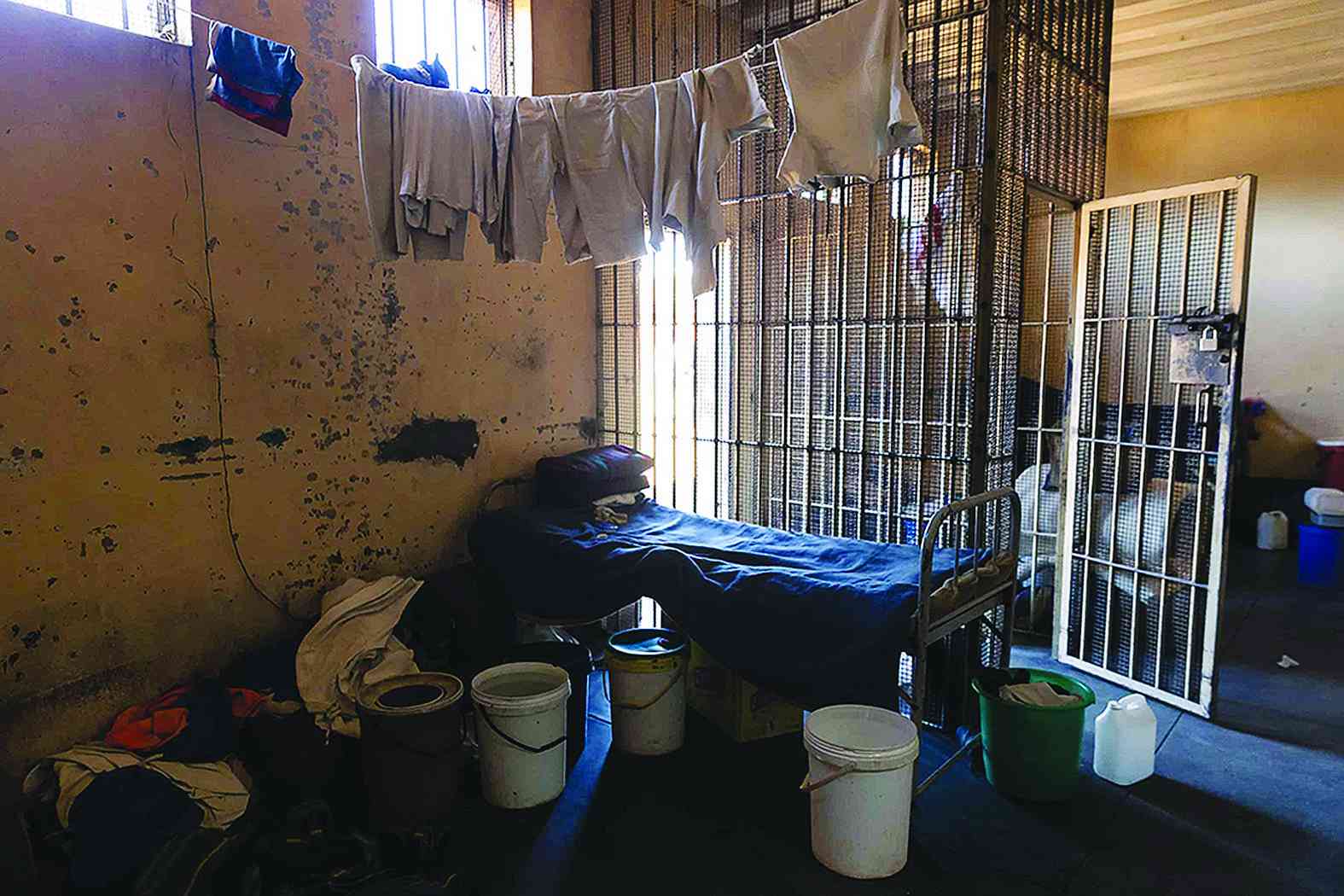
THE Judiciary has finally said the obvious: the conditions in Zimbabwe’s prisons are uninhabitable and government must take action to improve them.
Being incarcerated does not mean one’s fundamental rights are suspended.
In a ruling, High Court judge Justice Sijabuliso Siziba stated: “It is declared that the applicant was detained at a Mutare Central Police Station on August 1, 2024, which constituted inhumane and degrading treatment in violation of section 50(1)(c) of the Constitution of Zimbabwe.
“The conditions of detention in police holding cells at Mutare Central Police Station are inhumane and degrading, and the conditions at Mutare Remand Prison are inhumane and degrading.
“It is ordered that the first to the fourth respondents are directed to take immediate measures to ensure holding cells at Mutare Central Police Station have toilets that have a flushing mechanism from within, as well as washing basins and toilet paper.”
For far too long, opposition members have been calling on government to play its part in improving prison conditions, saying those in power could one day find themselves locked up in the prisons they are neglecting.
History has it that even high-profile figures, once seen as untouchable, found themselves behind bars.
Chris Kuruneri, Samuel Undenge, Priscah Mupfumira, Petronella Kagonye, Ignatius Chombo, Terrence Mukupe — all former Cabinet ministers — have experienced prison life.
- Mavhunga puts DeMbare into Chibuku quarterfinals
- Bulls to charge into Zimbabwe gold stocks
- Ndiraya concerned as goals dry up
- Letters: How solar power is transforming African farms
Keep Reading
Even former Health minister Obadiah Moyo was temporarily locked up, although his detention was limited to police cells and the Harare Magistrates Court.
The irony of it is that during their time in power, these individuals had the means to lobby for better conditions in the prison system but chose keep quiet.
The late MDC leader, Morgan Tsvangirai, often urged government to improve prison conditions, but his calls fell on deaf ears.
He once warned: “One day, you will find yourself in prison and you will understand what we mean,” but those in power did not listen.
The conditions in Zimbabwe’s prisons tell the story of a glaring failure on the part of the Zimbabwe Prisons and Correctional Service.
The “correctional” part of the system has been rendered a cruel joke.
The dire state of the prisons makes rehabilitation impossible.
Instead of providing an environment that makes for easy reintegration of offenders into society, the dehumanising conditions hardens criminals.
There are no beds, no blankets, a severe shortage of prison garb, no soap or detergents, poor-quality food, intermittent water supplies, squalid toilets without flushing systems and overcrowding. The situation is as bad as it can get.
Yet, despite numerous reports, government continues to turn a blind eye to such a critical issue.
Instead, it pursues the extension of the tenure of an aging leader while oblivious to the suffering of its citizens behind bars.
This further demonstrates how vampiric and sadistic the regime has become — exposing an utter disregard for the dignity and humanity of those incarcerated.
It’s clear that Zimbabwe’s prisons are not conducive for rehabilitation or reform.
They are a breeding ground for anger, resentment and criminality — undermining any possibility of reintegration into society and instead nurturing a culture of violence and crime.
If Zimbabwe truly desires to address anomalies in its criminal justice system, it must deal with the atrocities taking place behind bars.






